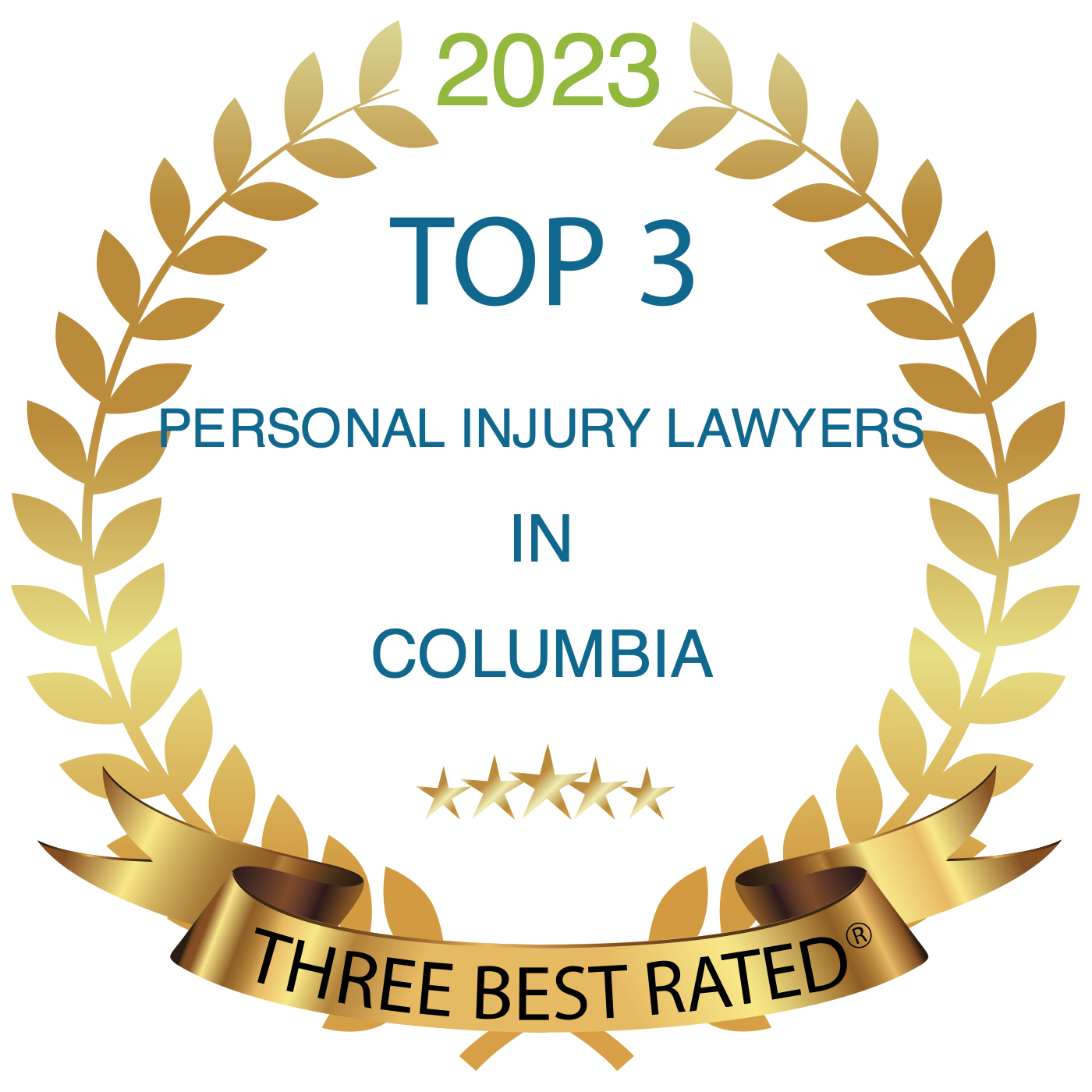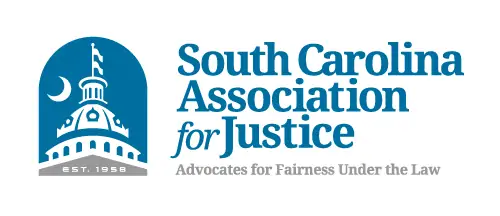Columbia Emergency Room Errors Lawyers
After an accident or injury, a patient’s first reaction is often to immediately seek an emergency room for medical attention. An emergency room should be a safe place in Columbia, where patients can rest assured they will receive quality care and attention. Unfortunately, there are all too many instances in which doctors, nurses and surgeons are negligent with their care, causing your prognosis to worsen rather than improve.
The Columbia emergency room error lawyers of the Goings Law Firm, LLC, understand how devastating it is to trust your health care to an emergency room, only to suffer from errors that jeopardize your well-being. In the most unfortunate cases, an emergency room error can lead to wrongful death, which is simply unacceptable. Our experienced Columbia legal team is dedicated to providing representation against irresponsible emergency rooms, and we may be able to fight on your behalf.
In order to succeed in your medical malpractice case based on errors that may have occurred in an emergency room setting a few basic elements must be proven:
- That there was an established doctor-patient relationship
- That the treatment in the emergency room involved negligence
- That the patient was harmed by said negligence
The Doctor-Patient Relationship
This is one of the more simple elements to establish in an emergency room error case. If a doctor examines a patient or provides that patient with treatment in an emergency room than it is generally considered that a doctor-patient relationship has been established. It is not the responsibility of the patient to establish that there was a continuing doctor-patient relationship beyond that of the initial treatment, only that there was an initial relationship established when the malpractice occurred. Most often the records of a patient’s admittance and treatment charts are all that is needed is establishing a doctor-patient relationship.
Negligence
Negligence is generally established when a doctor fails to provide the quality of care necessary and expected of reasonably competent doctors under similar circumstances. Thus in a medical malpractice case, the patient must prove two things to demonstrate that negligence occurred. Firstly, the patient must establish the standard of care. Secondly, the patient must establish that there was a breach of this standard of care.
What is Standard of Care?
Generally standard of care refers to the level of competence that a majority of doctors would have conducted themselves within similar circumstances of treating the patient. In an emergency room, this standard is lowered slightly due to the given circumstances of an emergency room is generally a more hectic environment.
In a vast majority of circumstances, establishing a standard of care requires expert testimony that our attorneys can help mediate. We consult with doctors specializing in emergency room medicine, and they consider all of the evidence presented to them and provide their opinion on what level of treatment would have been considered competent and reasonable in the given circumstances.
The next step in this process is to prove how the treatment received by the patient did not meet the standard of care received by the patient. This is normally conducted through the aforementioned expert witness testimony.
Common Emergency Room Errors
An emergency room is a busy, fast-moving place, and the position of an emergency room physician can be one of the most strenuous and challenging in medicine. However, That does not mean your patient care should suffer. Common errors that occur in emergency rooms include:
Untimely release of the patient before they are healthy – Hospitals are often faced with overcrowding and are in a rush to discharge patients so that they have the potential to admit more individuals to the emergency room. Concerns can range from the number of beds to the staff available, both of which can limit the amount of patient volume that the hospital can handle at any given time. If you were discharged prematurely and you were harmed as a result you may be entitled to compensation.
Misdiagnosing a patient’s condition – If a doctor fails to make an accurate and timely diagnosis of a harmful medical condition then you may be entitled to legal compensation. However, it is important to keep in mind that mistakes and unfortunate outcomes don’t always constitute medical negligence or a negligent misdiagnosis. Instead, the key question that must be answered is whether or not the established standard of care has been breached by the misdiagnosis of the doctor.
Delayed treatment – Delayed treatment or a delayed diagnosis refers to an instance where there is a time gap between when a patient initially sees a physician and when they receive a proper diagnosis and treatment for their condition. A patient may also be able to show that his or her existing condition worsened as the result of a doctor’s failure to provide the proper diagnosis. Patients that may have been injured as a result of this form of negligence may have the right to pursue a claim against a doctor for lack of proper care.
Surgical error – Surgical errors, unfortunately, happen more than anyone would like to realize, and the surgical room is often the worst possible location for a mistake to occur in. Often times these sorts of mistakes have drastic consequences, and thus the standard of care within the operating room is quite high, as it rightfully should be. There is a large potential for error during even the most common surgical procedures, and as such hospitals have established extensive guidelines and precautions governing these operations. However, all of these precautions can be disregarded by the hand of a negligent medical professional. Common examples of surgical errors that our attorneys see include:
- Wrong-site surgeries
- Wrong procedures performed on patients
- Incorrect incisions
- Not properly sterilized equipment
- Damage to nearby organs
- Prolonged surgery
- Surgical tools being left in the patient’s body
- Anesthesia errors, particularly related to allergies
- Accidental damage to surrounding muscles, ligaments, tissue and nerves
- Avoidable infection
Misreading test results – Misreading test results is a form of misdiagnosis or even delayed diagnosis once the patient’s true condition is revealed. Yet, this does not initially constitute malpractice. An individual must prove that a doctor’s failure to read and interpret their results was negligent. This can be achieved by establishing that any reasonable physician within the same specialty and holding similar qualifications would not have misread the test results. It also must be proven that the misread test results resulted in direct harm to the patient.
The consequences of acting upon or failing to act upon a misdiagnosis can be extremely severe, especially when the misdiagnosis involves cancer detection or a heart attack. Other instances of misdiagnosis can include but are not limited to appendicitis, internal bleeding, organ damage, and breast or cervical cancer.
Administering the wrong medication – Physicians and nurses can be liable for prescribing and/or administering the wrong medication. A simple mistake can have drastic consequences when dealing with the administration of medication. It only takes the misplacement of a single decimal point to completely alter the recommended dosage a patient should receive, and a mistake like this can have lethal consequences. Different medications also may have to be administered in different ways, and physicians can be held liable for the misadministration of medication.
If you were negatively affected by an emergency room error, there are legal options for recourse. Discuss your situation with a Columbia emergency room error attorney, who can offer critical legal counsel.
Contact a Columbia Emergency Room Error Lawyer For Help
The Columbia legal team at Goings Law Firm, LLC, understands that you need to focus on recovering emotionally and physically from the detrimental effects of an emergency room error. As you do so, our Columbia emergency room error lawyers may work tirelessly on your behalf for the financial compensation you need to cover high medical costs and other expenses. Call our offices in Columbia at (803) 350-9230 today to learn how we can put our resources and experience to work for you.
































